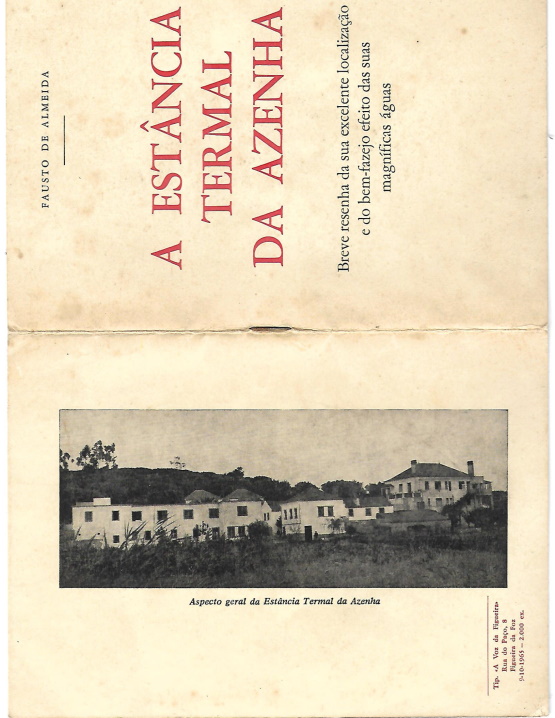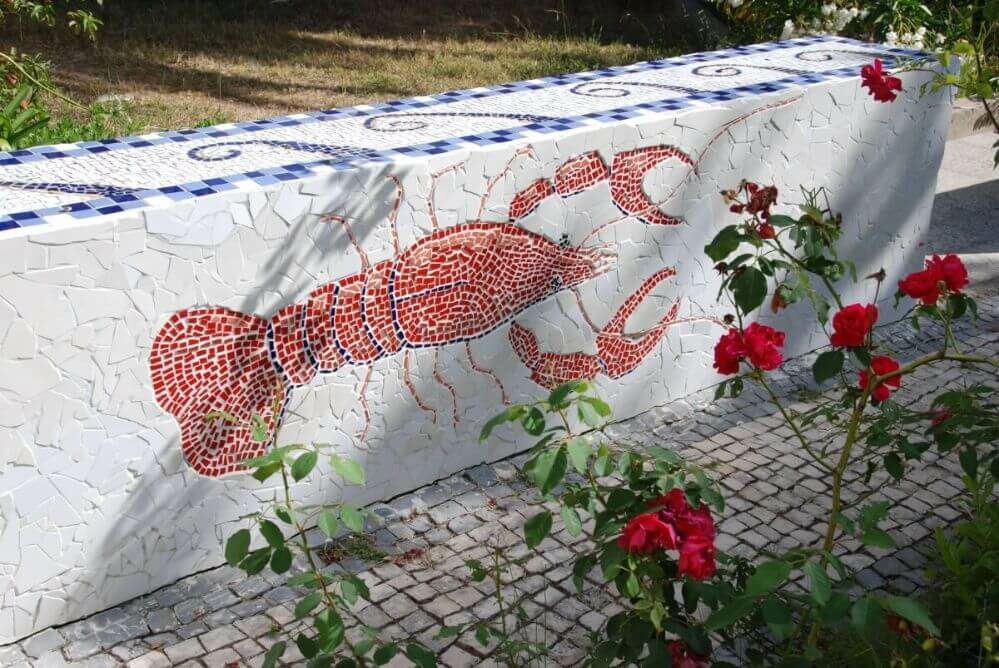I hadn’t lived here that long, got on the phone, and if I had to say my name, I never got anything but a Portuguese sorrywhààà? – “Desculpe? Como? Poderia soletrar?” Can you spell that?
Whilst Ellen really isn’t such a complicated name.
Until the name change. I started calling myself Helena – never a problem again
In Portugal people are very traditional in naming their children. You’ll not come across any quirks like parents who want to name their child X Æ A-12. Maybe that’s why the average person has a bit of trouble with foreign names. Sophie, John, Hugh or Margaret can easily translate it into Sofia, João, Hugo or Margarida.
The nicest I’ve come across so far: Marloes becomes Marluz. (Sea light. Mar=sea, luz=light) And she lives by the sea too.
The Portuguese are all called José, Maria, António and Inês, but with a bit of luck they have a beautiful collection of surnames. Azevedo da Silva Coelho Zambuja for example. Or Ferreira Santos Costa da Almeida. The surnames of your parents, and possibly a few of your grandparents; four is the maximum.
Those who stayed behind in the Netherlands were a bit like: does she get an attitude or something? With that Helena?
But the name change here meant: to a common name that everyone knows
In Portugal, Helena is an ordinary name, as is Matilda, Elisabete or even Conceição, which is a bit old-fashioned. In the Netherlands Helena is quickly Lena, Leentje (little Lena) or Leen, to take the chic off. Certainly in my hometown it is customary to abbreviate all names to one syllable.
I have always called myself L. just for fun, shorter is not possible. When you pronounce it, you hear it
After all the Anatólios, Gumercindos and Maria-Joãos, I found out that in Portugal they also abbreviate. As far as I know, this is only done with the most popular male names: José (Zé) and António (Tó). It doesn’t happen like that with women’s names, I thought, but if you know more about it: let us know!
So, from then on I called myself Helena, especially on the phone. And no matter how unintelligible you pronounce that name, it is always understood. I quickly became “Dona Helena” – that has to do with the place where I live. The village Termas-da-Azenha used to belong to the family Foja de Oliveira. The street is still named after the previous owner: Dom Henriques Foja de Oliveira.

It was a very wealthy family, who owned almost the entire rice valley, the rice factory – of which only the walls are still standing – and the thermal baths Termas da Azenha. Rich, but not happy, I understood from the stories. After the birth of the sixth child, mother Foja left for Coimbra, and Dom Henriques stayed (alone and lonely?) behind.

The grandeur of this family still radiates on me, despite 30 years of desolation
Twenty years ago I really wasn’t used to that – just like the friends who stayed behind who kept a close eye, in a very dutch way, to make sure I wasn’t getting any ideas – so I once did make the mistake of saying to someone: “Please, tell him that it is from Dona Helena.”
A mistake that makes you cringe in shame, later, alone at home. Oi, what an idiot I am, to let something like that slip out. You don’t say that about yourself, you leave that to someone else.
Why one is “Dona” and the other “senhora” still is not completely clear to me
Like any culture, this one also depends on illogical subtleties. You have to live somewhere for a long time to see it. And then – to quote a famous dutch “philosopher” * – when you see it, you’ll understand.
* Football player Johan Cruyff was famous for his remarkable sayings, like: “Every disadvantage has its advantage” or “In a certain way I’m probably immortal” or “Coincidence is logical”.
.
We moved here in 2000 from Rotterdam, Holland to the Termas-da-Azenha, Portugal.
A big step, especially with two small children.
We are busy to rebuild one of portugals cultural heirlooms: Termas-da-Azenha, an old spa which has been turned into several holiday houses, rooms and a campsite.
You’ll find mosaics and paintings everywhere.
Since 2018 we call ourselves the first B&B&B in the world – Bed & Breakfast & Bathrobes. You can buy a home-made unique bathrobe/housecoat with us.
Each week a little blog about what is happening around us. An easy read. A few minutes in another world. A little about what it going on in Portugal. If you plan your holiday to Portugal, it might be a nice preparation
You can subscribe to this blog- see at the right side of this page »
You’ll get it every weekend in your mailbox.
On Sunday morning we publish it on our Facebook and on Instagram.
